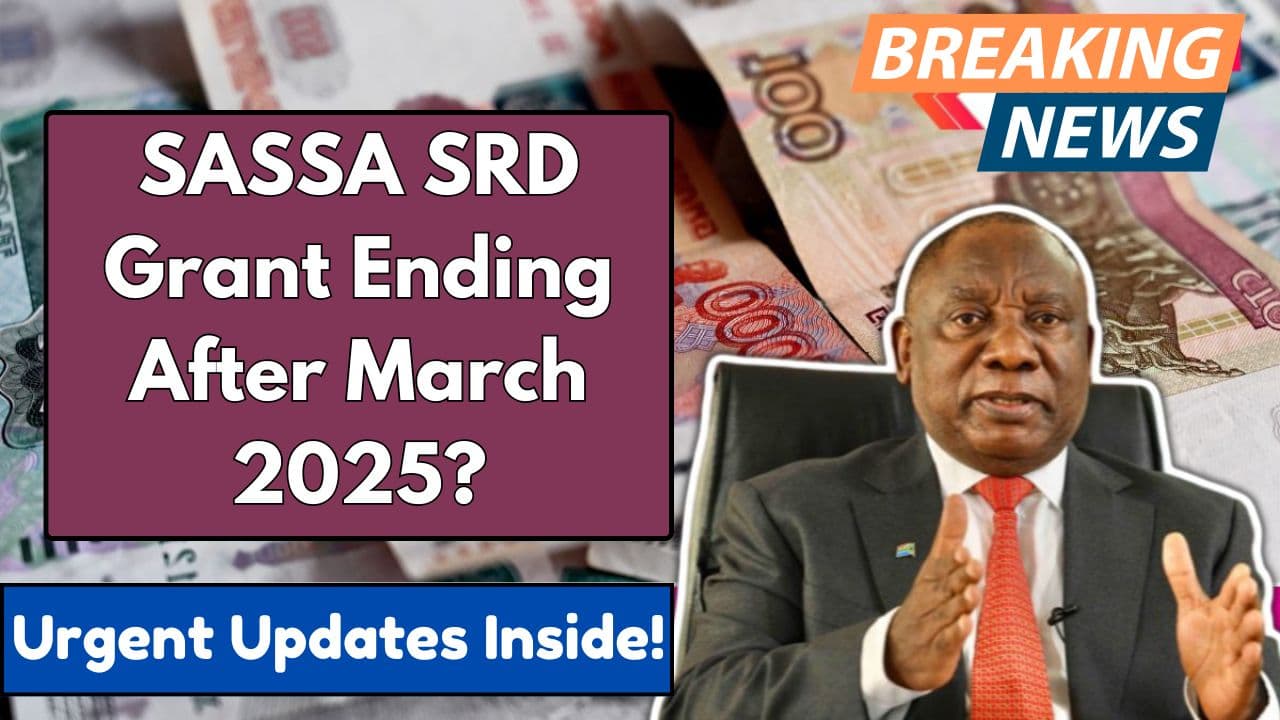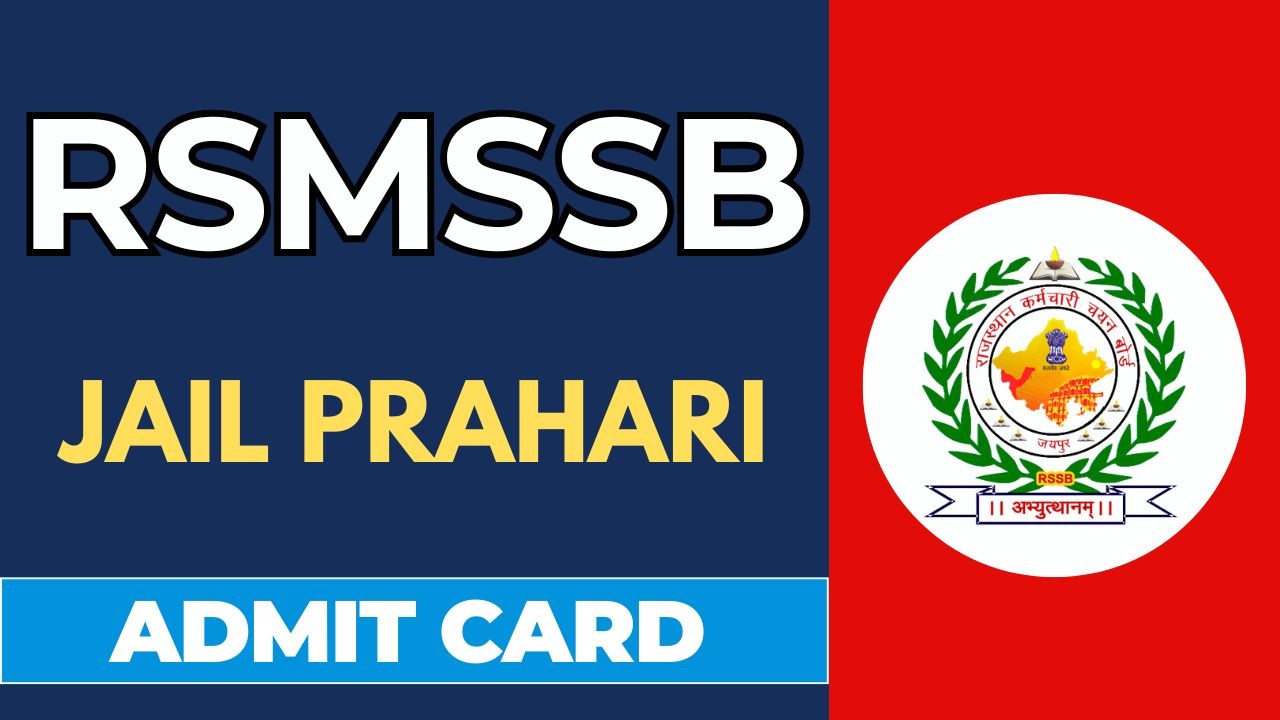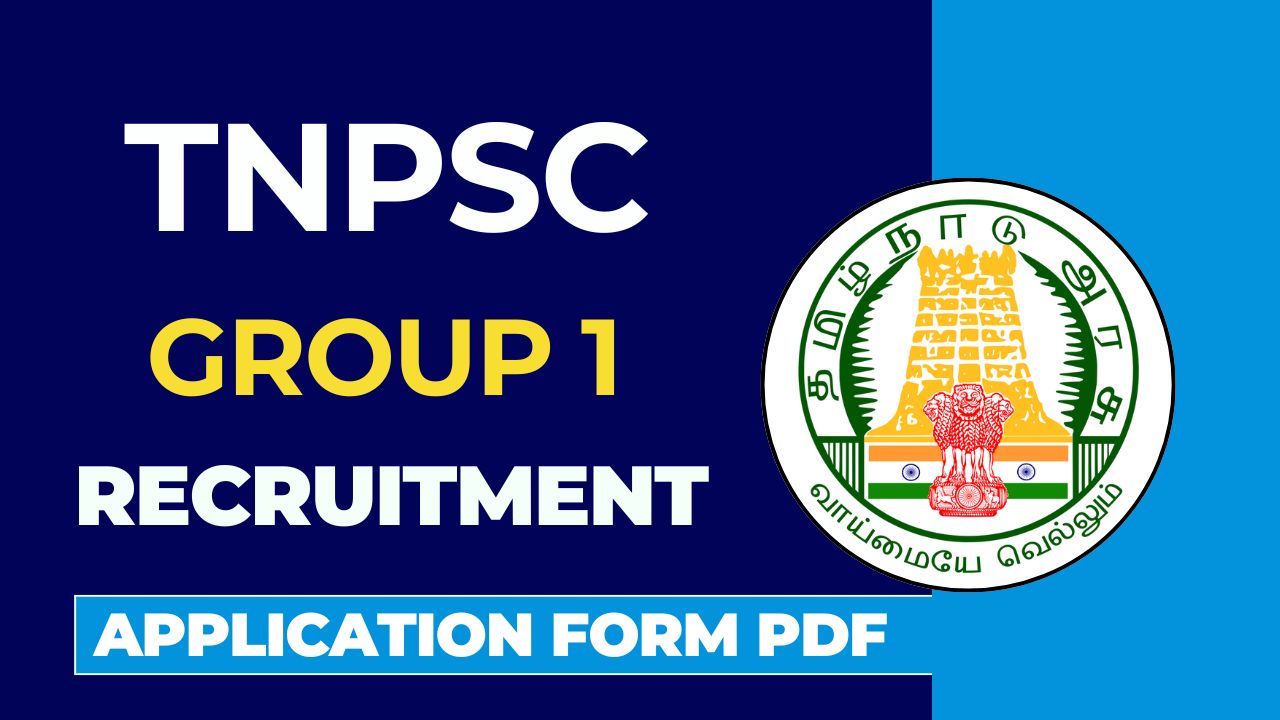The Social Relief of Distress (SRD) grant has become an essential lifeline for over 9 million South Africans. Introduced in 2020 as a temporary measure to support those affected by the COVID-19 pandemic, the SRD grant now provides crucial financial assistance to unemployed adults who don’t qualify for other social grants or unemployment benefits.
Initially intended as a stopgap measure, it has become a cornerstone of South Africa’s social support. With the extension confirmed until March 2025, many are questioning what lies beyond this period for the SRD grant.
Extension Until March 2025: A Necessary Relief
During the State of the Nation Address (SONA), President Cyril Ramaphosa announced the SRD grant’s extension until March 2025. This decision acknowledges the ongoing economic challenges faced by South Africans, including the lingering effects of the pandemic and a sluggish economic recovery.
The announcement has brought a sense of relief to millions who rely on this financial support for their basic needs.
Key Highlights:
- Grant Amount: Increased from R350 to R370 monthly in 2024, reflecting a 5.7% rise. While the increase may seem small, it significantly impacts recipients struggling to make ends meet.
- Budget Allocation: R33.6 billion was allocated for the SRD grant in 2024, with funding planned for 2025/26 and 2026/27. Despite fiscal constraints, these allocations underscore the government’s commitment to prioritizing social welfare.
Although the increase is modest, it offers some relief from rising living costs, providing a much-needed cushion for millions of recipients. The grant’s role in alleviating poverty and preventing economic despair cannot be overstated.

Future Beyond March 2025: Uncertain Prospects
While the extension until March 2025 offers temporary relief, questions remain about the grant’s future. The government has yet to confirm whether the SRD grant will continue in its current form or evolve into another type of support mechanism.
Several factors will influence this decision, including economic conditions, fiscal policies, and potential new revenue streams. Policymakers must carefully consider the grant’s role in the broader social safety net and its impact on the economy.
Potential Scenarios:
- Continuation of the SRD Grant: The grant could remain unchanged, providing ongoing support for vulnerable groups. This would require the government to allocate additional funds in future budgets, which could be challenging given competing fiscal priorities.
- Transition to a Universal Basic Income Grant (UBIG): The government is exploring possibly replacing the SRD grant with a Basic Income Grant as a long-term solution to poverty and unemployment. This idea has gained traction as a more comprehensive approach to addressing social inequalities.
Universal Basic Income Grant: A Viable Alternative?
A Universal Basic Income Grant (UBIG) is being discussed as a sustainable replacement for the SRD grant. This approach has gained support from political groups and the public as a way to address systemic poverty and joblessness. However, implementing UBIG comes with challenges:
- Economic Feasibility: Ensuring the grant does not overburden the economy. A careful balance must be struck between providing adequate support and maintaining fiscal responsibility.
- Integration: Aligning UBIG with existing social support systems to avoid duplication or inefficiency.
- Funding: Identifying stable revenue sources to sustain the program, such as increased taxation or reallocating existing funds.
If successfully implemented, UBIG could provide a consistent safety net for South Africans, reducing reliance on temporary grants. This could represent a major shift in how social welfare is delivered, offering a more holistic approach to addressing poverty.
SASSA Grant Payment Dates for 2025
For recipients of the SRD grant, timely payments remain critical. Below is a table outlining key payment dates for the first quarter of 2025:
| Month | Payment Start Date | Payment End Date |
|---|---|---|
| January | January 4 | January 10 |
| February | February 6 | February 12 |
| March | March 5 | March 11 |
Recipients are advised to regularly check the South African Social Security Agency (SASSA) portal for updates on payment schedules. Delays in payment can create additional stress for beneficiaries, making it essential for SASSA to maintain an efficient disbursement system.
Challenges Faced by the SRD Grant Program
Despite its successes, the SRD grant program faces several challenges. One major issue is the administrative burden on SASSA, which must process millions of applications and ensure timely payments. Fraud and misuse of the grant have also been concerns, prompting stricter verification measures.
Additionally, the grant’s relatively low amount often falls short of meeting the full needs of recipients, highlighting the need for broader systemic changes to tackle poverty effectively.
Universal Basic Income or SRD Grant: What’s Next?
The SRD grant remains a vital source of support for millions of South Africans, ensuring financial stability amid economic uncertainty. While its extension until March 2025 offers temporary relief, the future beyond this period is still undecided. Whether the grant continues or transitions into a Universal Basic Income Grant, the government’s approach must address economic and social complexities to provide lasting solutions for vulnerable communities.
For now, the SRD grant’s role as a lifeline for millions cannot be understated, and its continuation is a pressing priority in South Africa’s broader social welfare agenda.






